Forum for the Future of Democracy 2011
‘The Interdependence of Democracy and Social Cohesion’
Panel debate
‘Fighting the crisis without undermining social cohesion: can Europe meet the challenge?’
Anne Brasseur,
Chairperson of the Alliance of Liberals and Democrats for Europe Group (ALDE),
Parliamentary Assembly
We all know that quite a number of countries in Europe face astronomic indebtedness.
As a consequence, they have introduced massive cuts, including in welfare programmes that were designed to secure access to social rights.
I am here today to remind us all that the consequences of such decisions may be dramatic, in particular for the poorest and most disadvantaged categories of the population.
While it is necessary to balance the budgets of over-indebted states in the medium and long-term, it is important that this be done in a manner which respects citizens’ human dignity, as well as their democratic and human rights (including social rights). As a recent motion tabled by parliamentarians suggests, “governments should give citizens a say in if, how and when the state debt should be cut. Budget cutting alternatives which do not directly threaten social rights and the European welfare state should be privileged in order to protect vulnerable groups.
The Parliamentary Assembly of the Council of Europe has denounced the political and social consequences of the global economic crisis as from the outset of the crisis. I cannot quote all relevant work but let me outline part of it.
Already in January 2009, the Assembly hinted that the crisis threatened to undermine the very foundations of democracy and reminded governments that “despite financial difficulties, citizens’ social, economic and human rights should be safeguarded”.
PACE further stressed that it was necessary to improve regulatory mechanisms at all levels (national, European and international) in order to avert new crises. That would be a lesson to be learnt from the financial and economic crisis which is at the origin of much of the current indebtedness of states – and thus the resulting austerity measures.
Unfortunately, the situation - rather than improving - has got worse. In debating the political consequences of the economic crisis one year and a half later, in June 2010, the Assembly warned that the social consequences would certainly be much more severe than those foreseen in previous Assembly debates and called upon European politicians to work together to resolve the crisis “on the basis of an equitable sharing of burden among the population.”
PACE recently reiterated the importance of safeguarding the human rights and fundamental freedoms of all people, regardless of their economic situation. The alarming increase in poverty in Europe in recent years, is due, inter alia, to the economic crisis brought on by the financial crisis, new redistribution policies that disadvantage the poor in many countries, and massive cuts in social services.
Indeed, no social phenomenon is as comprehensive in its assault on human rights as poverty. Poverty erodes or nullifies economic and social rights such as the right to health, adequate housing, food and safe water, and the right to education.
As a parliamentarian, I am here to stress that parliaments in particular have a vital role to play in consolidating and developing social rights in Europe to counter such developments. The human rights perspective must be our primary criterion when conducting parliamentary scrutiny of public policies and deciding on budgets, in particular in the social and health field.
Allow me to stress in particular the importance of securing the right to health, including the right to a healthy, clean and safe environment, as one of the fundamental social rights directly related to the right to life.
In this regard, the Council of Europe offers excellent tools to help governments promote social rights, such as the revised European Social Charter, which has been a source of inspiration for furthering fundamental social rights throughout Europe for the last 50 years. The Charter is, without doubt, the twin pillar to the Council of Europe's much-applauded European Convention of Human Rights. In many ways, both represent the best of the European democratic and social model.
At a time of deep social unrest and uncertainty arising from the consequences of the financial and economic crisis, it is vital for the European social model to remain visible and credible. If fundamental social rights exist only on paper and not in practice, our democratic model can rightly be called into question.
This is why it is important to encourage all Council of Europe member states to sign, ratify and implement the provisions of the Charter.
However, we know very well that the present crisis has a global dimension and therefore requires global solutions.
In response to this need, the international community has established a great many global or regional international institutions. Over recent years, their role in the system of governance and their influence over national policies have been constantly expanding.
Decisions taken in these institutions increasingly influence the lives of millions of citizens. Yet the latter are often poorly informed about the activities of international institutions and are rarely enabled to exercise influence on decisions affecting them. The imbalance between the increasing power of international institutions and the absence of democratic scrutiny of their activities constitutes a major challenge for democracy.
Parliamentary accountability of international organisations such as the International Monetary Fund, the World Bank and other global organisations deserve careful consideration.
With regard to the European Union, the Lisbon Treaty has aimed at bringing the EU closer to the people by, inter alia, encouraging greater involvement of national parliaments and enhancing their ability to express their views on draft legislative acts of the Union as well as on other matters which may be of particular interest to them. And fighting the crisis without undermining social cohesion is precisely a matter of particular interest to the people and to its democratically elected representatives!
The EU Treaty itself makes explicit reference to the European Social Charter and to the Community Charter of the Fundamental Social Rights of Workers as the sources for the EU's "attachment to fundamental social rights" and commitment to promoting employment, improving living and working conditions, assuring social protection, developing social dialogue and combating social exclusion.
However, deeds do not necessarily match with words and, as said earlier, the handling of the crisis has resulted in people feeling much more distant from the European institutions than ever in the past!
The economic crisis has led to a crisis of democracy by accentuating symptoms already present for some time now. What the Assembly denounced in 2010 as an “increasing disinterest in the current institutionalised procedures of democracy and a crisis in representation” has recently given place to very real anger and frustration among the population in countries suffering more than others the consequences of the crisis, such as Greece, Spain and Portugal: hundreds of thousand of protesters have come and continue to come to the streets to protest against a political system that they consider does not function.
The Assembly has already suggested that the ensuing crisis in representation requires that, apart from the traditional forms of mandate and delegation, with which fewer and fewer citizens are satisfied, the political relationship between society and the authorities must also be approached in a different manner: democracy has to be developed beyond representation: participatory democracy should be enhanced as process in which all people, and not only nationals, are involved in the conduct of public affairs (“TA KOINA”) at local, regional, national and European levels.
Democracy should be understood not just as a system or the sum of individual rights, but a s a form of society which requires rules for social justice and redistribution and implies not only delegating and taking decisions, but also discussing and living together in dignity, respect and solidarity.
Only by “reinventing” democracy we can restore people’s confidence in it and ensure that social cohesion shall not be sacrificed in the search of a way out of the economic crisis.
With the crisis of the Economic and Monetary Union continuing, the defects of its construction are coming to light.
For decades, the focus has been primarily on economic integration. Successful projects such as the creation of the single market and the introduction of the common currency stand in sharp contrast to the shortcomings with regard to macroeconomic coordination, as well as the comparably slow development of the European Union’s social dimension.
The crisis requires bold measures, not only in terms of European economic governance, but also through more European social solidarity. Without solidarity, the European project as such is put at great risk.
Europe needs to find sustainable and promising European responses that will hold up in the medium and long term and are acceptable to the population at large.
The protection of the fundamental rights of the population as a whole, including the poor, is not a luxury that can be dismissed in times of economic hardship. Now more than ever, we must be clear that this is not a question of charity.
As also pointed out recently by the European Commissioner for Human Rights, if we do not implement economic and social rights, large numbers of the poor will remain marginalised on the edges of our society, and ultimately political and civil rights become devoid of all meaning.
The notion of human dignity is key here and builds the bridge between civil and political rights on the one hand and social and economic rights on the other. By way of example, the European Court of Human Rights has commented that a wholly insufficient amount of social benefit or pension may, in principle, raise an issue under Article 3 of the European Convention on Human Rights, which prohibits inhuman or degrading treatment.
Economic and social rights have not been defined in a vacuum; they are based on the experience of past crises and on the knowledge that ignoring social justice comes at an enormous cost. They can also serve as very useful guiding principles for governments at a time when difficult choices have to be made.
At the same time, for a more social Europe we also need growth and a stronger economic Europe, offering jobs, in particular to the more vulnerable ones.
I would conclude expressing the hope that it is not too late, it cannot be too late, for all of us in Europe to look for a different European model, with more solidarity, in which we place particular importance on social issues. For example, we should aim in each country to a minimum income and salary based on the average in all the countries, to minimum standards in terms of pensions, child poverty and unemployment. If we succeed in this; Europe will become once again a project for its people.
.


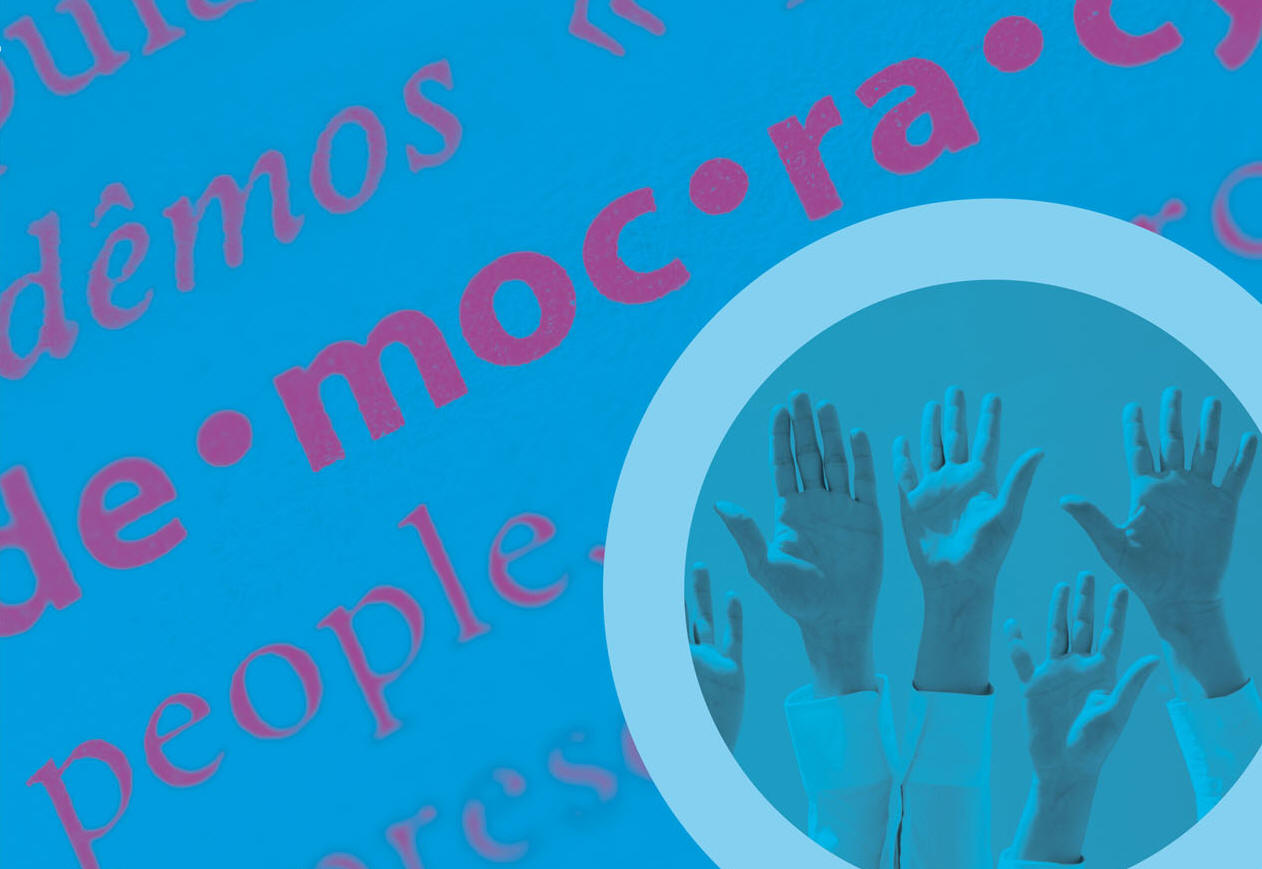
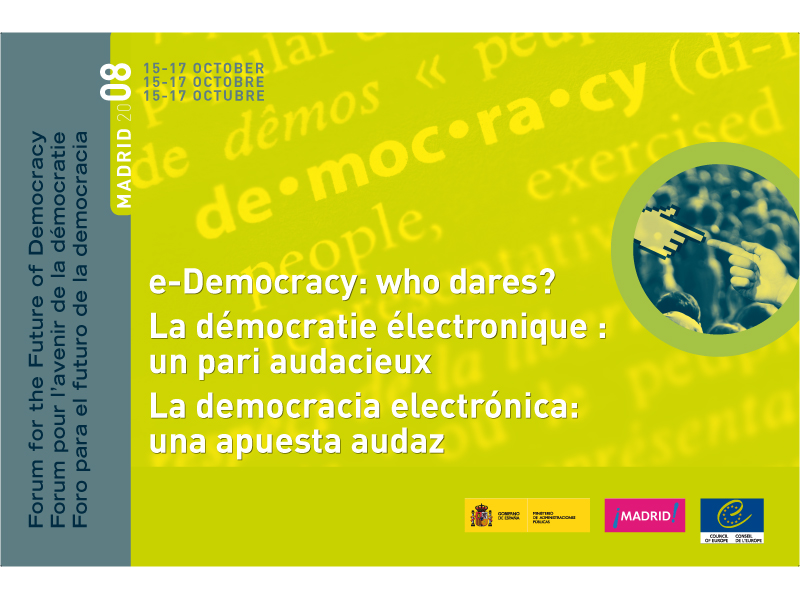
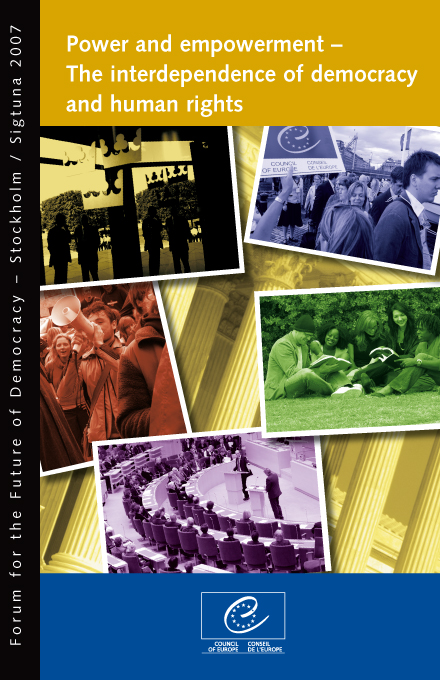
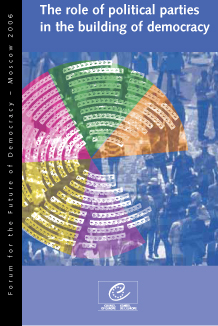
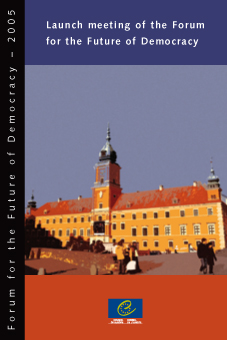
 Print
Print  Send
Send